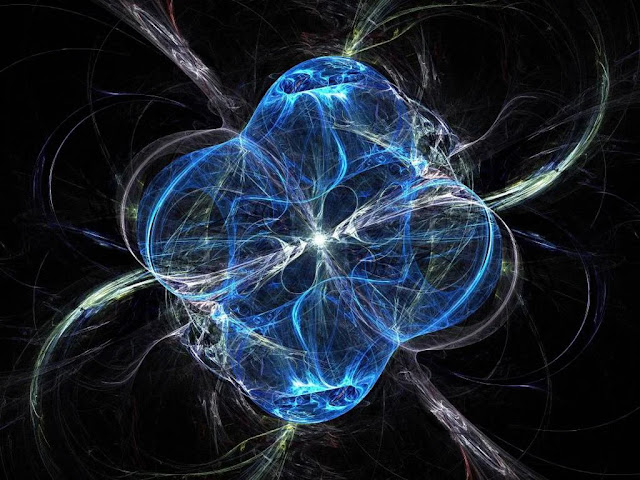Is time a dimension, a human invention, a linear arrow or a real aspect of entropy?
To this day, science has not been able to reveal the secrets that are hidden behind this simple word. There are many theories and each one navigates the possible origin of time, but are we really prepared to discover it?
Entropy could have the answer.
Have we finally discovered the origin of time?
Imagine a glass full of hot water , as time passes the heat escapes and there will undoubtedly come a time when the water is cold. The same thing happens if you add an ice cube to it, it will melt little by little until the water equals its temperature with that of the surroundings.
Thanks to this we know that time passes and that it does so in a so-called 'arrow of time'. That is to say that it advances and it is impossible for it to go back. We couldn't add an ice cube to a glass of water and expect it to warm up, right?
From this simple example, thermodynamics is associated with time. Although they seem to be unrelated, they are actually closely linked. And this is where a more relevant term appears for understanding the origin of time: entropy.
Have we finally discovered the origin of time?
From disorder to more chaotic states
It is in the second law of thermodynamics where a concept widely used today appears, which is used to describe the processes of the universe and where the idea of the "arrow of time" arose; entropy. This law states that as energy is transferred and transformed, some of it is dissipated (wasted).
For this reason, a system always evolves towards a more chaotic state and never the other way around. We can understand this with a deck of cards, if we shuffle them the highest probability is that they will result in a state even more disordered than the initial one and not that they will find order by chance.
Thanks to Ludwig Boltzman, an Austrian physicist from the late 20th century, we are now more or less able to understand why time always passes from point A to point B and never the other way around.
Boltzman introduced the concept of entropy and his great contribution to science is that according to his theory the future is different from the past simply because the entropy of the Universe has increased (the chaotic state).
Although it is clear that this is only the beginning of a series of obstacles to reach a small understanding of the origin of time. The Universe is not governed by thermodynamics, but more unknowns come into play in the equation, such as gravity that permeates everything out there. Here theories such as string theory appear that seek to get closer to understanding time and the Universe as a whole.
Although this theory has certainly been losing strength little by little and in the meantime, we will continue looking for answers and perhaps at some point we will be able to better understand how time behaves.


Time is relative to the observer. Without the intent of the observer time is irrelevant. Intent implies action, hence the need for time. Intent or will is the force of gravity. Everything is frequency and information.
ReplyDelete